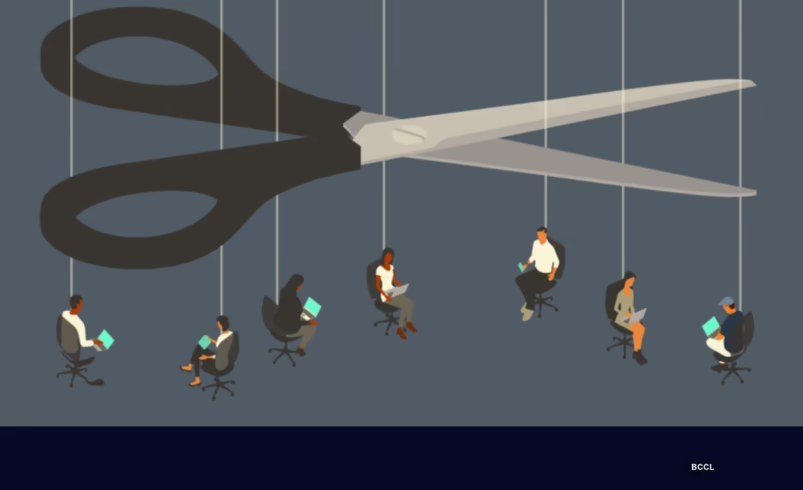Tech layoffs surge in 2025 as AI reshapes workforce and policies shift
- September 24, 2025
- 0

The wave of job reductions across the technology sector shows no signs of slowing in 2025. More than 22,000 employees have already been laid off this year, adding to the staggering 150,000 positions eliminated in 2024. Major corporations including Microsoft, Intel, Salesforce, and Oracle are among those trimming their workforces as automation and artificial intelligence continue to reshape business operations. At the same time, new policy changes affecting visa costs could further influence employment opportunities for foreign professionals in the industry.
Microsoft, Salesforce, Oracle, and Intel have each announced workforce reductions this year. While specific figures vary by company, the combined impact has already pushed total layoffs past 22,000 within just a few months of 2025. These cuts follow a difficult previous year when more than 150,000 jobs were lost across the global technology sector.
One of the central forces behind these decisions is the rapid integration of artificial intelligence into core business functions. Companies are increasingly turning to automated systems to streamline operations and reduce costs. While these technologies promise efficiency gains and new product innovations, they also reduce the need for certain roles traditionally filled by human employees. This shift is prompting many firms to reevaluate staffing levels and restructure departments accordingly.
For workers directly affected by these layoffs, the consequences are immediate and personal—ranging from financial uncertainty to career disruption. Beyond individual cases, widespread job cuts can also affect industry morale more broadly. Employees who remain may face heavier workloads or concerns about long-term job security as companies continue to adapt their strategies around automation-driven efficiencies.
In addition to corporate restructuring, government policy is also shaping employment prospects within the technology sector. A new executive order from President Trump has raised fees for H-1B visas—permits widely used by skilled foreign professionals seeking employment in U.S.-based tech companies. The increased costs associated with these visas could limit opportunities for international workers while potentially influencing hiring decisions among employers who rely on global talent pools to fill specialized roles.
The combination of workforce reductions and policy shifts underscores how multiple forces are converging on the technology industry at once. Companies are balancing innovation with cost management while navigating regulatory changes that affect hiring practices. For employees—both domestic and international—the environment remains uncertain as organizations weigh efficiency against human capital needs in an era defined by rapid technological advancement. As 2025 progresses, analysts will be watching closely to see whether additional firms follow suit with further layoffs or whether stabilization emerges later in the year. For now, however, the trend points toward continued restructuring as artificial intelligence adoption accelerates and labor market dynamics adjust accordingly.